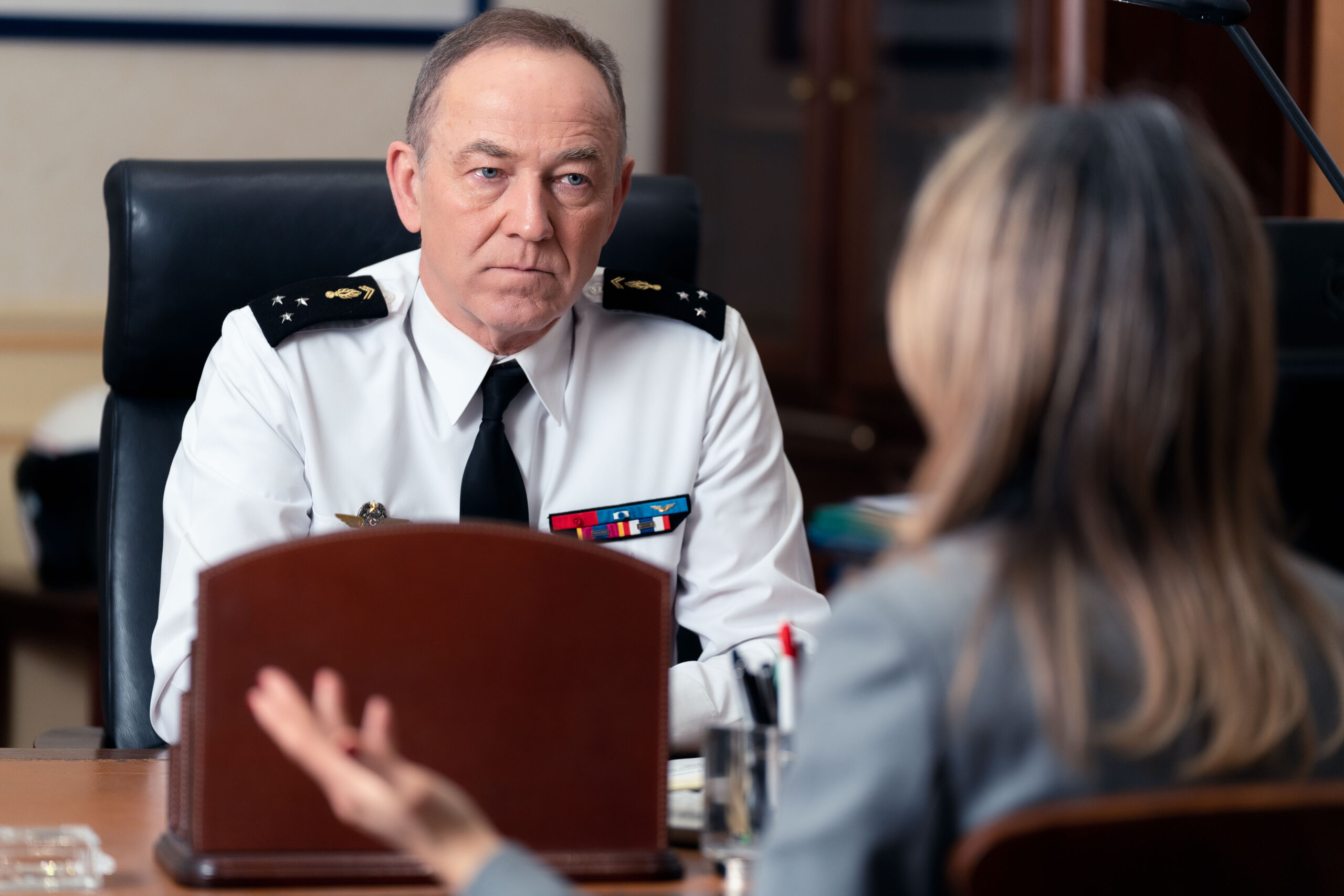 Aerospace and Defense Actors
Aerospace and Defense ActorsAuthorities throughout the world place a fundamental focus on maintaining a high level of security. Security services processes the backbone of military activities and can be traced back to Roman times. However, while the need for protection is entrenched in contemporary society, organizations of all shapes and sizes continue to be challenged by the complexities of information management.
February 25, 2019
Authorities throughout the world place a fundamental focus on maintaining a high level of security. Security services processes the backbone of military activities and can be traced back to Roman times.
However, while the need for protection is entrenched in contemporary society, organizations of all shapes and sizes continue to be challenged by the complexities of information management.
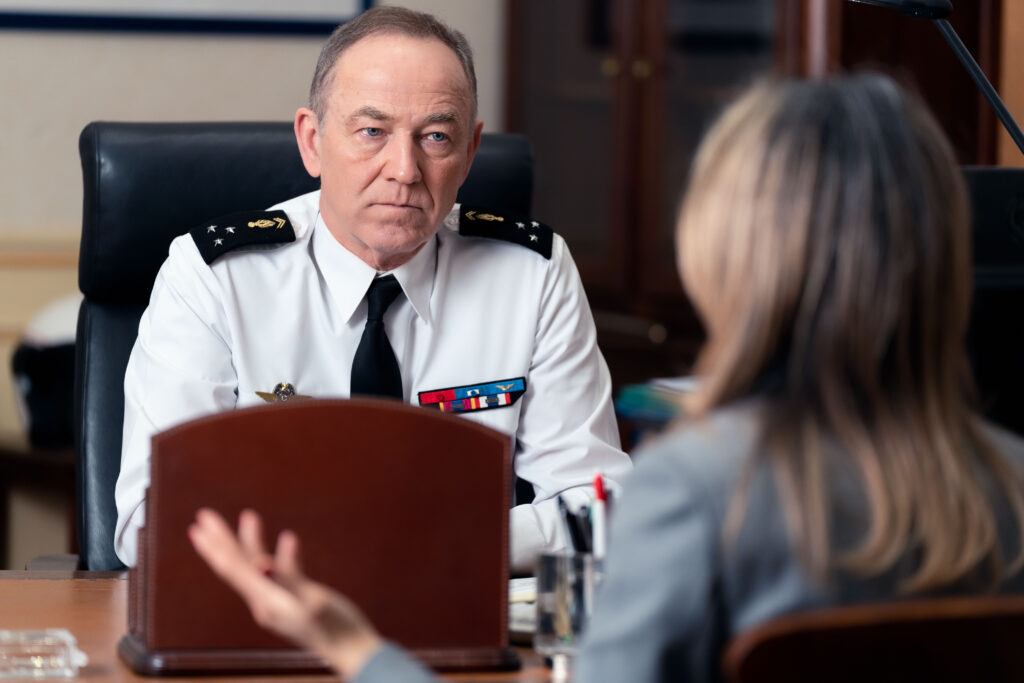
Organizations need the right information at their fingertips. However, having access to this information relies on the establishment and operation of a permanent intelligent process that permeates the holistic activities of the firm.
One issue that security services consistently encounter in their information management activities concerns the fact that the unorganized mass of data that is available takes various forms and is derived from multiple channels. Bringing this information together in a way that enables it to be transformed into knowledge, and subsequently intelligent processes for action, represents a major challenge.
The flow of information is the lifeblood of organizations. The dramatic increase and acceleration in the volume of information pose challenges for day-to-day management in organizations of all guises.
Technologies can help to qualify and validate the data that is acquired from reliable sources and can help to construct a flexible information framework that adapts to the processes and needs of the organization.
Nowhere is the need for intelligent information management systems more pertinent than in the security industry. Throughout the history of civilized society, there has been a requirement to access information and to process it with intelligence, to protect confidential information and to apply the acquired knowledge in a strategic way that ultimately serves to protect citizens.
International organizations and security operations need to anticipate events and develop innovative methods that can contribute to the safety of a population as a whole. These institutions cannot stand still. They need to continually evolve to improve access to information and exploit the benefits of emerging technologies and networks.
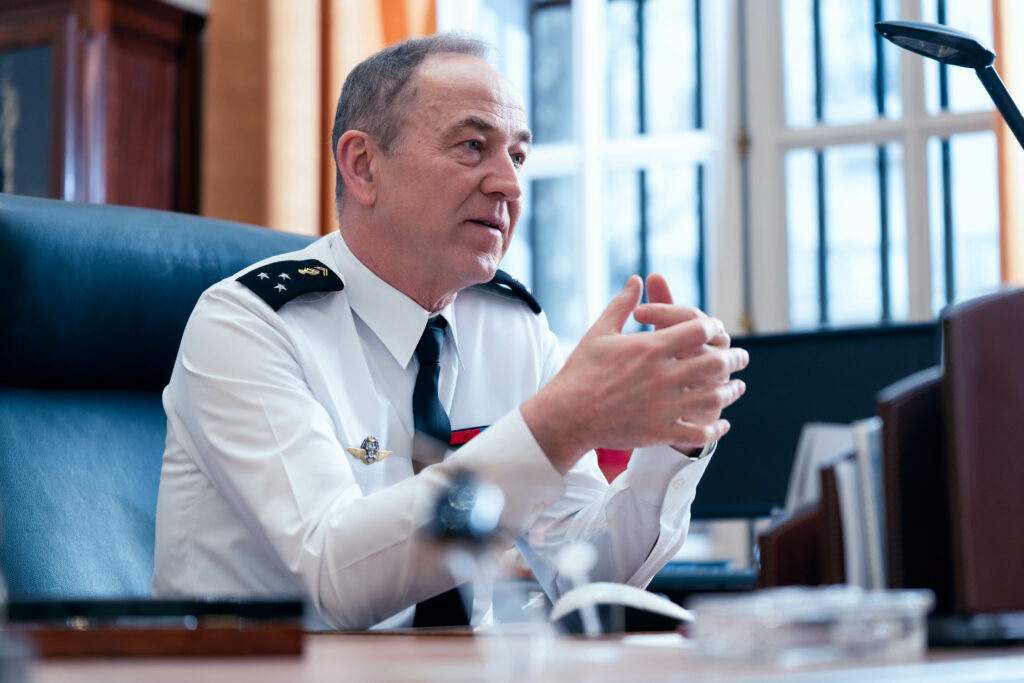
For this post, I am delighted to introduce a special guest: The Général de division commandant la Garde Républicaine, Damien Striebig. General Damien Striebig is Head of the Large State Corps and is responsible for ensuring missions are conducted with honor and that the safety of the state is protected at all times. His role involves engaging in public security missions and participating in the cultural influence of France.
This includes: To protect "places of power" in a demanding environment for the benefit of the highest authorities of the State: Presidency of the Republic, Matignon, Assemblies, Ministries, courthouses...
For this, he manages specialized units such as intervention units, snipers, anti-drone brigade, motorcycle squadron of the Guard, equestrian platoons. This represents a total of 3,300 employees.
In 2009, General Damien Striebig also was named Commandant la Gendarmerie des transports aériens - Direction générale de l’aviation civile. He is a renowned figure in the world of aerospace and Defense. However, I was surprised by his humility and modesty. I encountered a man who was extremely well educated and dedicated to his work. He is clearly a very demanding professional whose number 1 rule is to safeguard people and think of others at all times. He has chosen to dedicate his life to protecting people and serving his country. This calls for more than scientific knowledge or physical and mental preparation; it also requires resilience, an understanding of the real threats, and the ability to anticipate and prepare for the unpredictable.
I met General Damien Striebig at Garde Républicaine - Quartier Des Célestins, and he shared some fascinating insights with us about the operation of the high-security services and the role of information in the life of security professionals.
We are encountering a dramatic acceleration in the volume of data that is accessible and how it influences the decision-making process. How can we continue to assure protection when external agencies have the power to watch and monitor everything we do?

The concepts of risk and resilience have risen to the top of the international policy agenda as a strategic and calculated response to the needs of societies, organizations, businesses, and governments as they seek to address increasingly complex threats and risks to state and human security. Indeed, it is a matter of national survival. For General Damien Striebig, intelligent security actions arises when the user understands the principles responsible for the patterns representing knowledge.
To cope with the mass of information that is available, it is vital that a pragmatic and efficient approach is employed to continually screen the vast amount of informations and select the information that is really useful in the decision-making process. This involves the operation of a spiral intelligent cycle that functions in a continuous loop by which a higher level of understanding is acquired.
Since the inception of the notion of information management some sixty years ago, technologies have evolved from an arcane academic field into a powerful driver of social and economic change.
Information management is a new way of looking at issues. It involves exploiting competitive intelligent process of knowledge management, and technology. However, it relies on much more than that: Good management decisions depend on quality information, and the acquisition of such information depends on innovation.
General Damien Striebig highlighted how we need to develop a better comprehension of the challenges that underpin machine intelligence in the context of human creativity and innovation, especially within the milieu of our systems of learning and education.
Anticipating what lies ahead involves continuing to hone human expertise and developing new methods or tools that can better protect. This demands the use of the right “ENCADREMENT” of each professional because what really counts is an understanding of the human dimensions of the information management process.
Change begins within yourself. Resilience is about understanding the real threat; some professionals endure shocks, stresses, and difficult times better than others.

Their ability to withstand challenges can often be traced back to attitude. These people eliminate the word “failure" from their vocabulary. All the great people who have achieved something have failed at some point in their journey. It is only when they have these insights in hand that they can create a truly resilient strategy that provides differentiated protection.
To ensure the security of all people, it is essential that the professionals involved each has their own distinct role in the organization. More importantly, they need a deep understanding of the concepts and challenges related to that role. It is very important that leaders communicate efficiently, understand all the steps involved in achieving their objectives, and interact with appropriate contributors to achieve results. Military professionals undergo training of the highest standard; however, the real key to success lies in comprehending the underlying meaning of a given exercise.
The day-to-day management of an organization must operate within the framework of a strategy. A good strategy is the result of a dialectical process between the internal situation and the external world. Organizational strategy needs to take this into account, and each system needs to be sensitive to the external environment. This process involves confrontation-comparison-calib
Putting the management actions of the State Services into place relies on all the departments involved integrating sustainable development into their internal operations to reduce the impact their daily activities have on the environment. This enables them to effectively identify and mobilize the threats and, more importantly, preserve the integrity of the information. Information integrity is critical; it gives us the confidence that the information we build our strategies on has not been altered and is accurate. It enhances our operations and gives us the ability to see real situations in unfamiliar environments.

Values form the backbone of everything we do. They help us to embrace the challenges and remain resilient in the face of unpredictable shocks and stresses. We must understand and embrace these values very early in our careers.
If we are to combat together as allies, it is imperative that we operate according to the same set of shared values and train together to gain a comprehensive understanding of the complex threats. It is only through collaboration that we can rise to the challenges and protect people.
We don’t know what lies ahead. However, to enhance our ability to rise to the unexpected challenges, we need to continually innovate. This allows us to improve our techniques, enhance our monitoring abilities, and exploit every facet of the information that is available.
We cannot achieve this without integrity.
Cheers!
Ana Paula Araujo Mendes
Général de Division Commandant la Garde Républicaine, Damien Striebig
Major General commanding the Republican Guard - France
In 2009, General Damien Striebig also was named Commandant la Gendarmerie des transports aériens - Direction générale de l’aviation civile (DGAC).
In 2005, Aeronautical Advisor - Office of the Minister of Defense.
In 1998, Commander of the Gendarmerie.
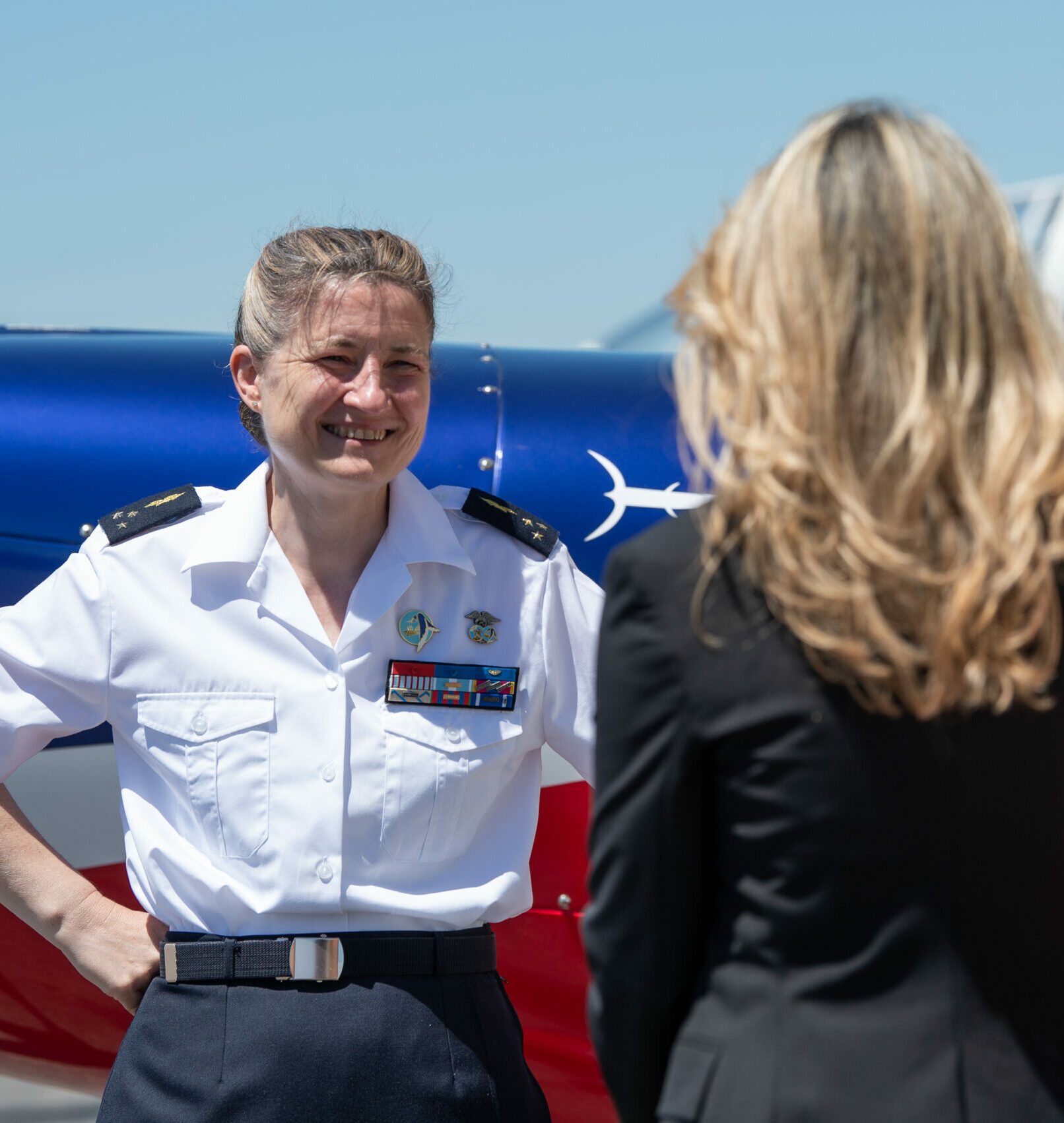
Aerospace and Defense Actors
Major General Dominique Arbiol on Preparing the Next Generation of French Air Force Officers: Building the Right Force for the Future Warfare
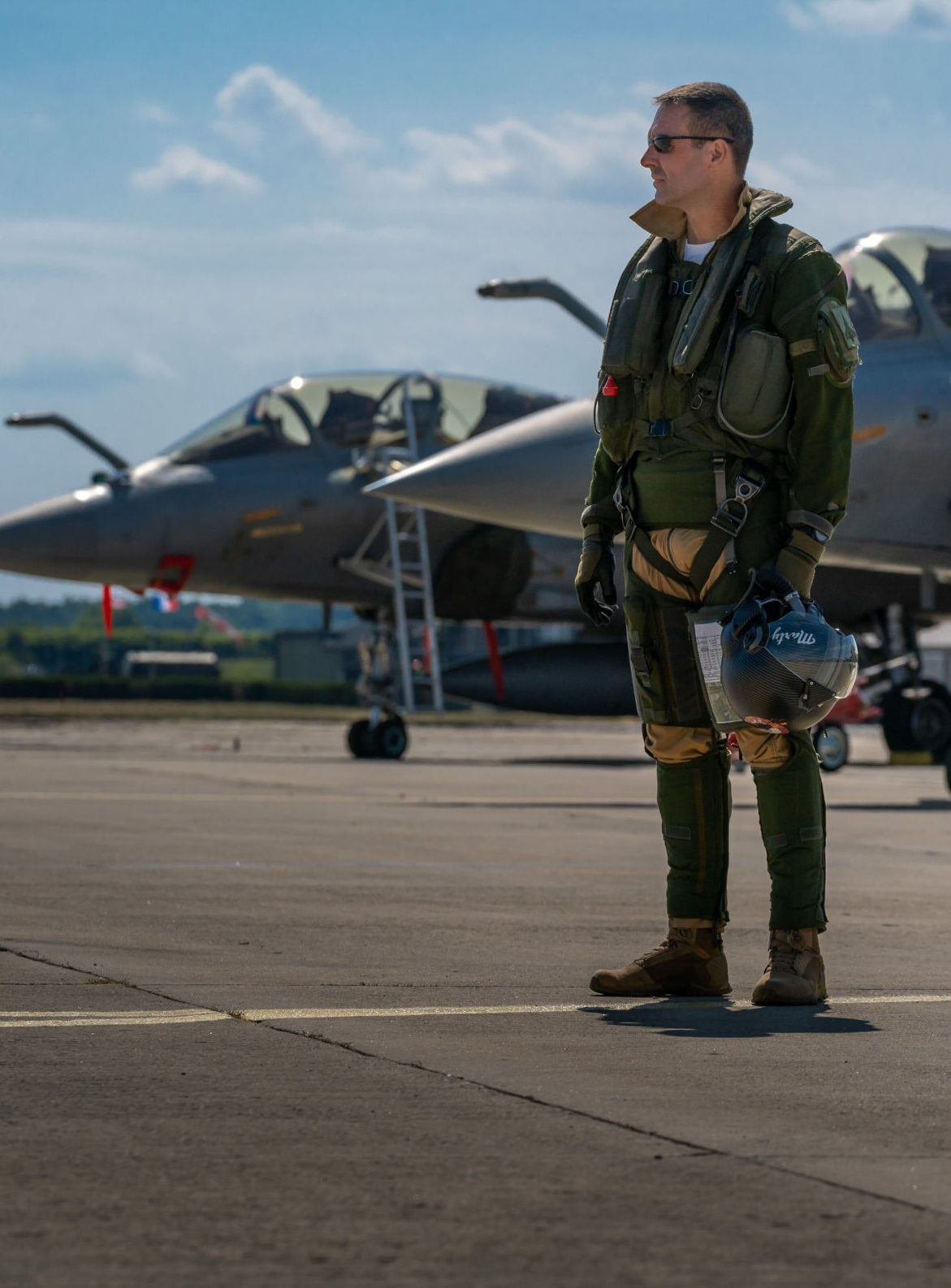
Aerospace and Defense Actors
French Air Force - Captain Jean-Guillaume Martinez: A Life Dedicated to Others: The Nation’s Real Stars

Aerospace and Defense Actors
Michel Tognini: The Astronaut Secret. Strategy, Communication, and Time Management Are Key

Aerospace and Defense Actors
Jack Krine - Fighter Pilot: Passion and Determination to Lock On to Your Target

Aerospace and Defense Actors
Patrick Dutartre: Piloting your business with excellence. Leaders must inspire their employees.

Aerospace and Defense Actors
Jean-Pierre Haigneré: A Cosmonaut's View of Progress. We Are Not Heroes; we are the Image of the Earth
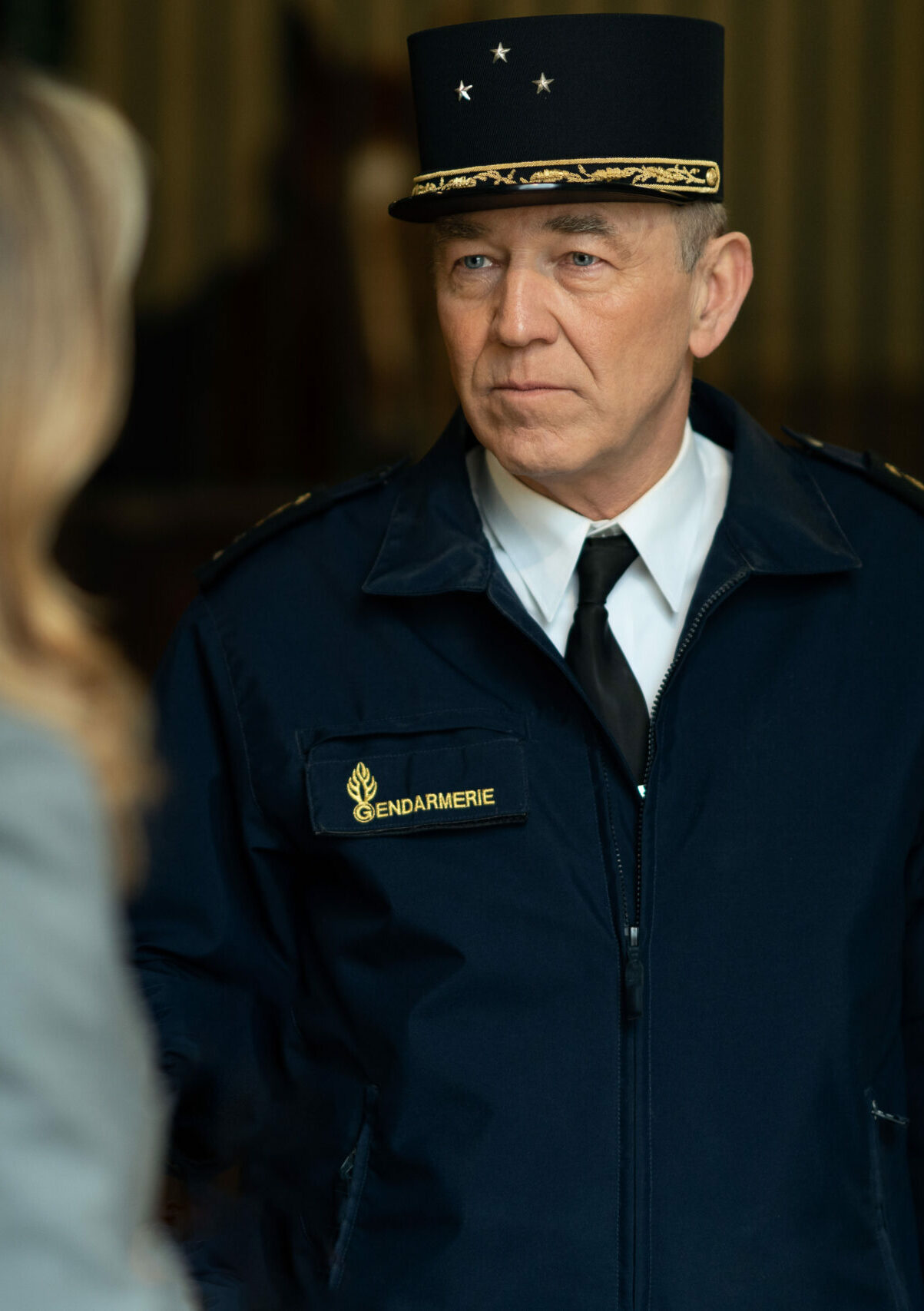
Aerospace and Defense Actors
General Damien STRIEBIG: Information Management - How Do You Prepare a Major unit for the Unpredictable
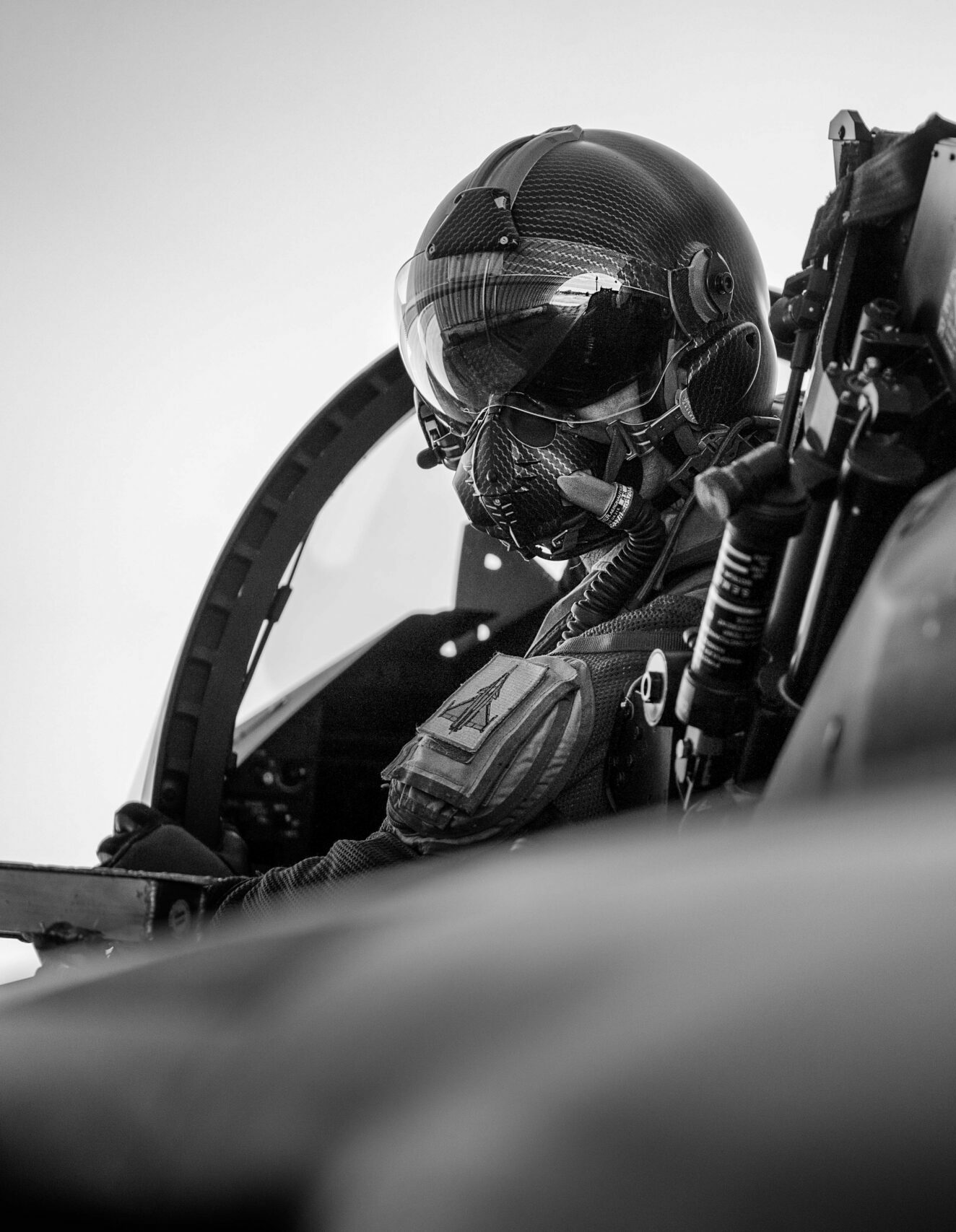
Aerospace and Defense Actors
The New Resilience Paradigm: The Face of the World After Coronavirus

Aerospace and Defense Actors
Daniel Kunth and Tomorrow’s World: Ad Astra

